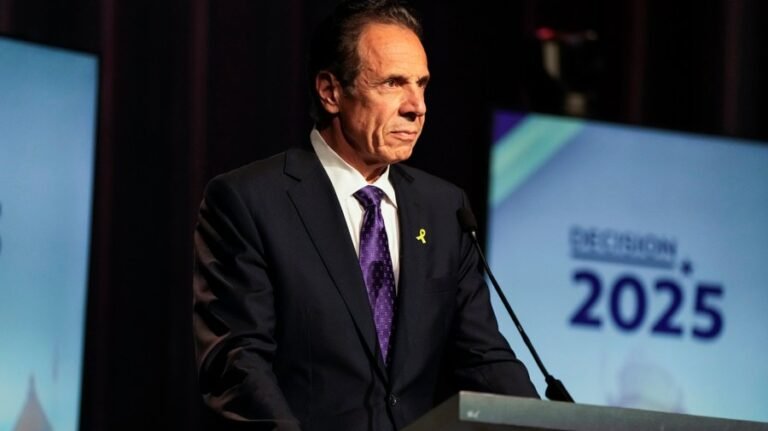
Former Department of Justice pardon attorney Liz Oyer said the Trump administration’s policy for pardons is “unprecedented.”
“Pardons are normally reserved for people who show remorse for a crime they have been convicted of and who have actually served at least some and typically all of their sentence and have shown personal growth and rehabilitation during that time,” she said in an interview aired Tuesday by PBS.
“However, this administration appears to be using pardons in a completely different and new way, which is to reward people who demonstrate political loyalty to the administration. And that is unprecedented,” she added.
Oyer said she was dismissed from her role at the department after failing to recommend actor Mel Gibson’s gun ownership rights be restored; he lost them after he was convicted of domestic violence.
She has since raised concern about the internal and external operations at the department, including Ed Martin’s appointment to be pardon attorney.
“It sends a message that the pardon power is now being totally and thoroughly politicized, that it will be used as a benefit to those who are supporters of the president and not for those who do not express political loyalty,” she told PBS.
“That is really an unprecedented use of the pardon power. And just the fact of Martin’s appointment to the position of pardon attorney is really striking, because that is a position that historically has always been filled by a nonpolitical appointee,” she added.
Martin was pulled as President Trump’s nominee for U.S. Attorney for the District of Columbia after lawmakers questioned his ability to remain nonpartisan and act ethically.
The Trump administration has faced backlash for recently pardoning Scott Jenkins, a former Virginia sheriff who had been convicted of bribery, and Jan. 6 rioters.
“At the end of the day, the president has plenary power under the Constitution to grant clemency to whomever he chooses, but it is important to have someone in a nonpolitical position providing that advice to the president about who should receive clemency and ensuring that individuals who do not have political connections can still have their applications considered,” Oyer said.


